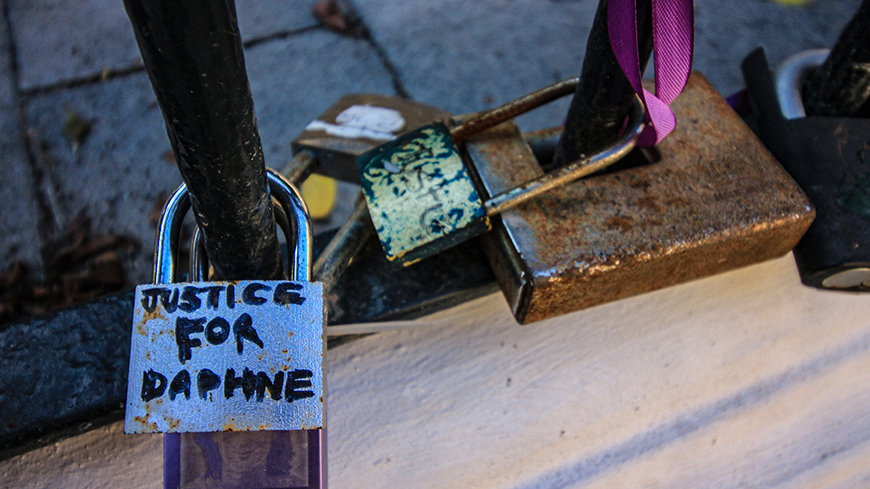On 5 April 2024, the Committee of Ministers of the Council of Europe adopted Recommendation CM/Rec(2024)2 on countering the use of strategic lawsuits against public participation (SLAPPs). Alarmed by the chilling effect that SLAPPs have on freedom of expression and public participation, the Committee of Ministers urged the member States to devise comprehensive and effective strategies to counter SLAPPs.
The newly adopted Recommendation provides a definition of SLAPPs, understood “as legal actions that are threatened, initiated or pursued as a means of harassing or intimidating their target, and which seek to prevent, inhibit, restrict or penalise free expression on matters of public interest and the exercise of rights associated with public participation.”
For the purpose of application of the Recommendation, public participation and public interest are intended broadly, extending to everyone’s democratic right to participate in public debate and public affairs, online and offline, without fear or discrimination. Significantly, according to CM/Rec(2024)2, the notion of “everyone” encompasses all public watchdogs and contributors to public debate and all participants in public affairs. Therefore, it is not limited to journalists and other media actors, but to all critical voices, such as civil society organisations, environmental associations and activists, academics and human rights defenders.
Its guidelines are intended to apply to civil lawsuits, as well as to administrative and criminal law contexts, including legal intimidation tactics. Moreover, the Recommendation covers both domestic and other types of SLAPPs, such as cross-border, multiple or coordinated, and SLAPPs targeting anonymous public participation.
To facilitate the identification of SLAPPs, the Recommendation identifies a non-exhaustive list of 10 indicators. These include reference to outstanding features of SLAPPs, such as the exploitation of an imbalance of power; the partial or full unfoundedness of the arguments put forward by the claimant; the request of disproportionate, excessive or unreasonable remedies; and the engagement in delaying tactics.
The governments of the member States are recommended to further strengthen existing legislative and policy frameworks to counter SLAPPs, in particular regarding structural and procedural safeguards, remedies, transparency, support for targets and victims, and development of education, training, awareness raising programmes.
The Recommendation is accompanied by an Explanatory Memorandum designed to further explain the context, reasoning and practical examples useful for the understanding and implementation of the Recommendation.




